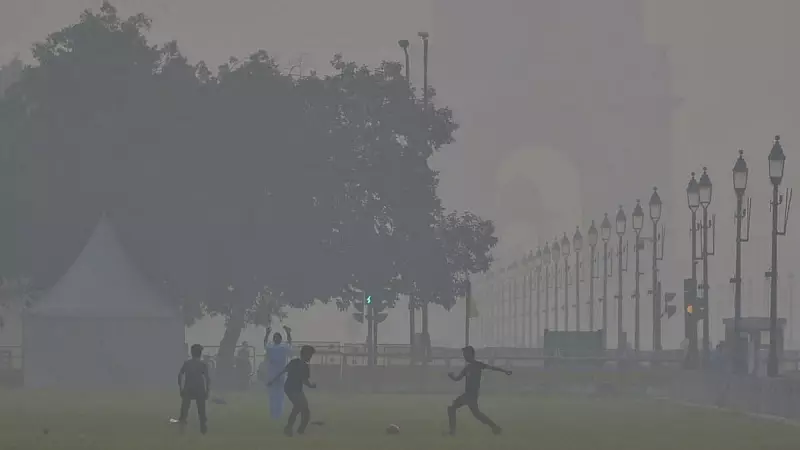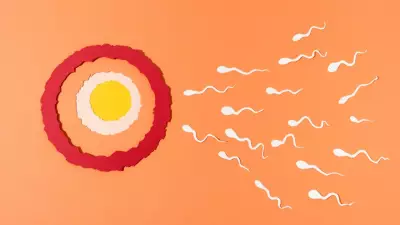
Delhi witnessed a slight reprieve from its choking pollution levels on Friday as the air quality improved from the 'severe' category to 'very poor', breaking a three-day streak of hazardous conditions. The capital simultaneously recorded its coldest morning of the season so far, with temperatures dropping to a chilling 9.7 degrees Celsius.
Breaking the Severe Pollution Streak
The overall Air Quality Index (AQI) settled at 387 on Friday, according to monitoring agencies. This reading falls within the 'very poor' category, marking a significant development after the capital had endured three consecutive days of 'severe' air quality that posed serious health risks to residents.
While the improvement offers some relief, environmental experts caution that the situation remains critically poor. An AQI between 301 and 400 is classified as 'very poor' and can lead to respiratory illness upon prolonged exposure. The shift indicates changing weather patterns that have helped disperse pollutants to some extent.
Mercury Plunges to Seasonal Low
As pollution levels showed marginal improvement, Delhi residents woke up to the coldest morning of the current season. The mercury dipped to 9.7 degrees Celsius, creating conditions that typically trap pollutants closer to the ground and exacerbate air quality issues.
The combination of low temperatures and poor air quality creates a double challenge for the city's inhabitants. Cold weather often leads to increased burning of fuels for warmth, which can contribute further to the pollution problem unless alternative heating methods are used.
What Lies Ahead for Delhi's Air Quality?
Meteorological department officials are closely monitoring weather patterns to predict whether this improvement will sustain. The movement from 'severe' to 'very poor' category, while positive, still leaves Delhi with air quality that health professionals consider dangerous for vulnerable groups.
Children, elderly citizens, and people with pre-existing respiratory conditions are advised to limit outdoor exposure and wear protective masks when necessary. The government's pollution control measures remain in effect as authorities work to prevent another slip back into the 'severe' category.
The situation underscores the ongoing challenge Delhi faces every winter when meteorological conditions combine with pollution sources to create hazardous breathing conditions for its millions of residents.





